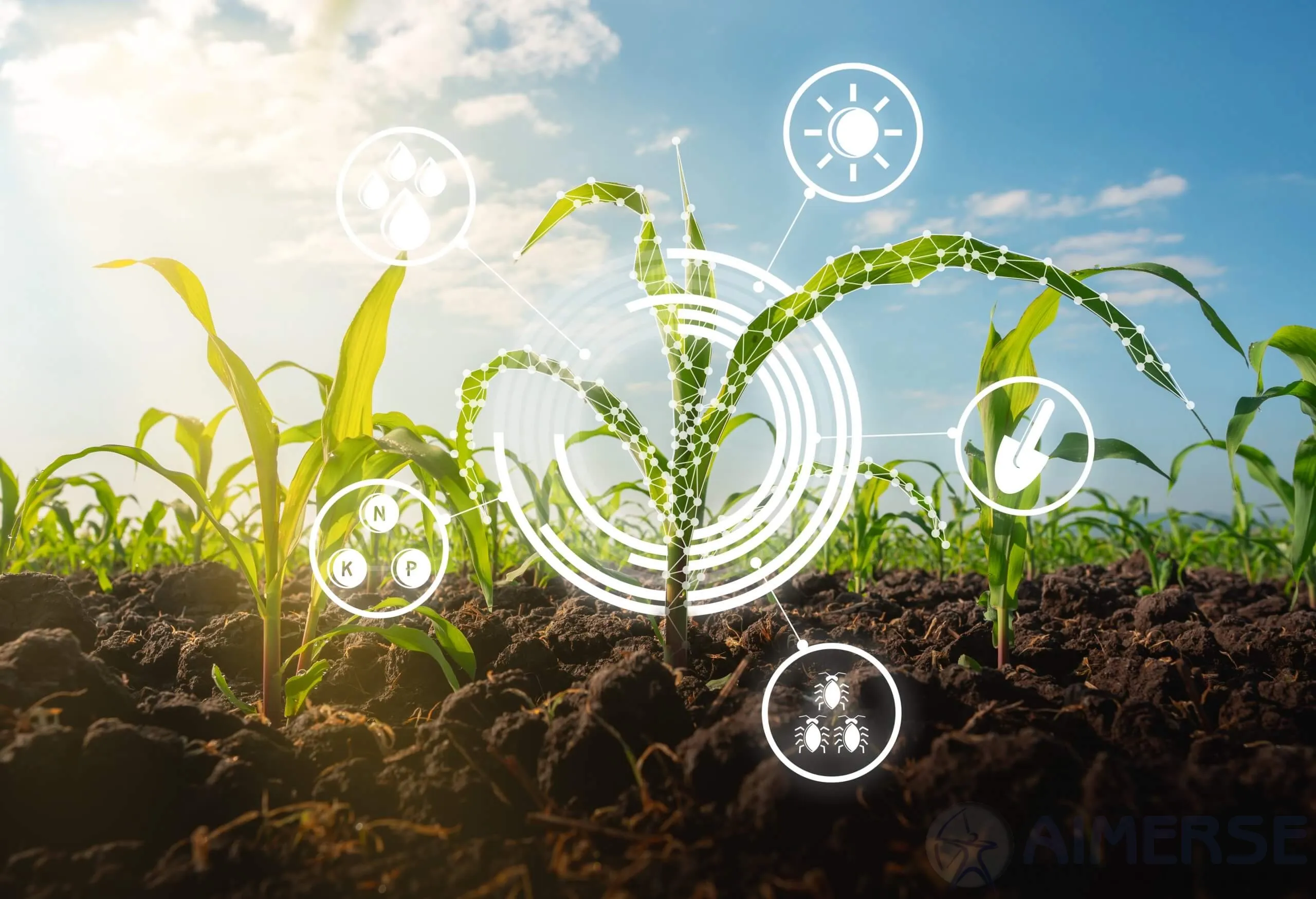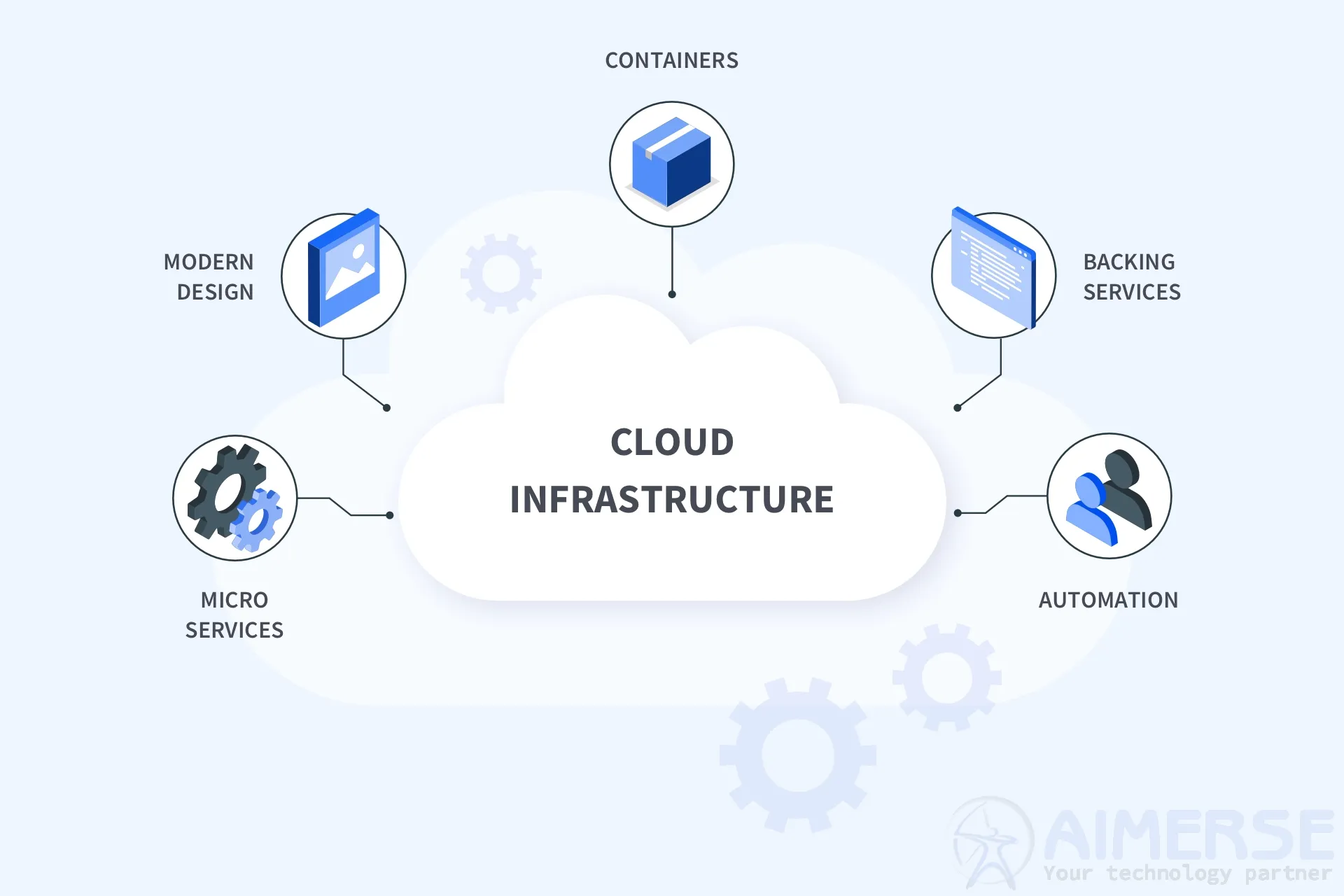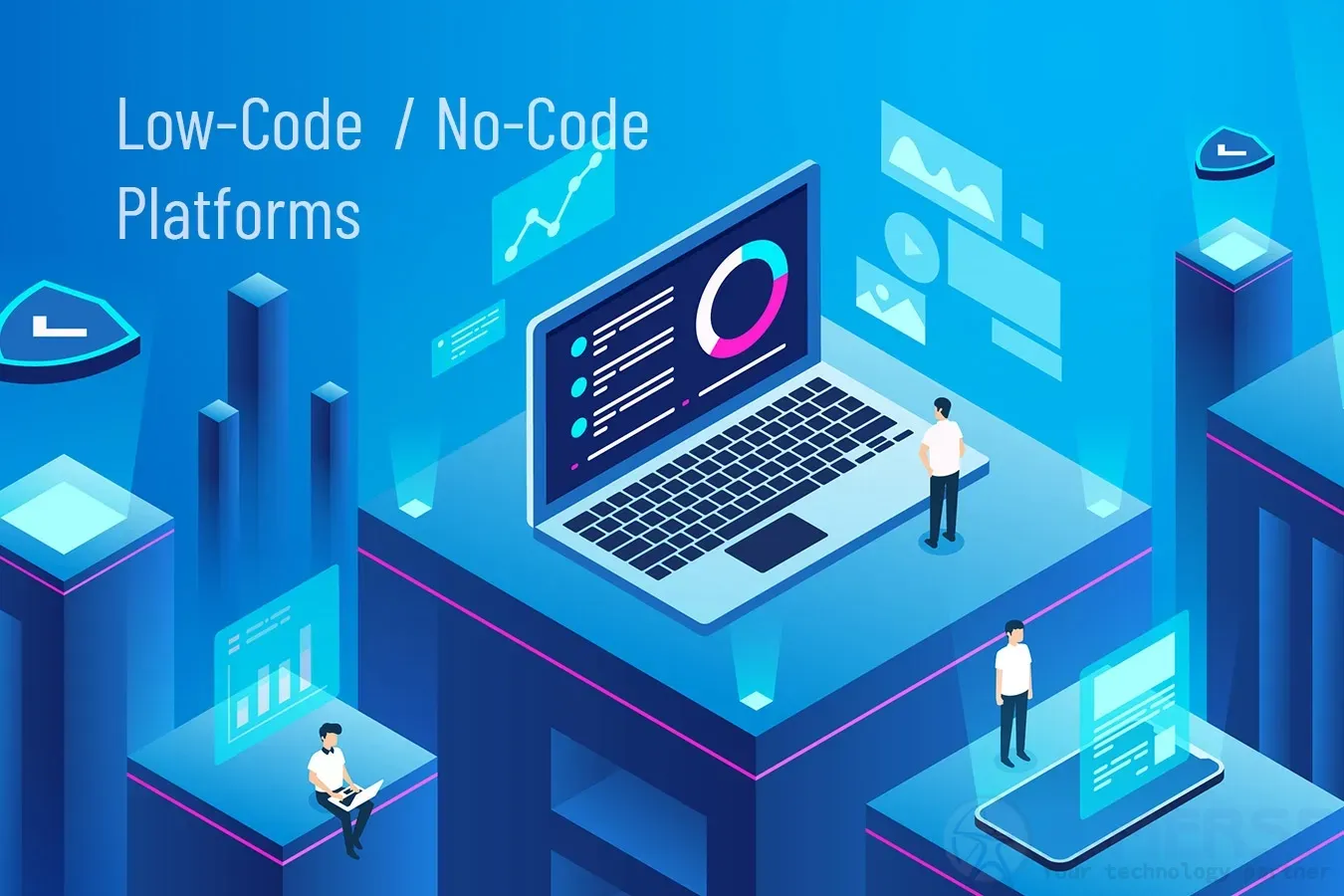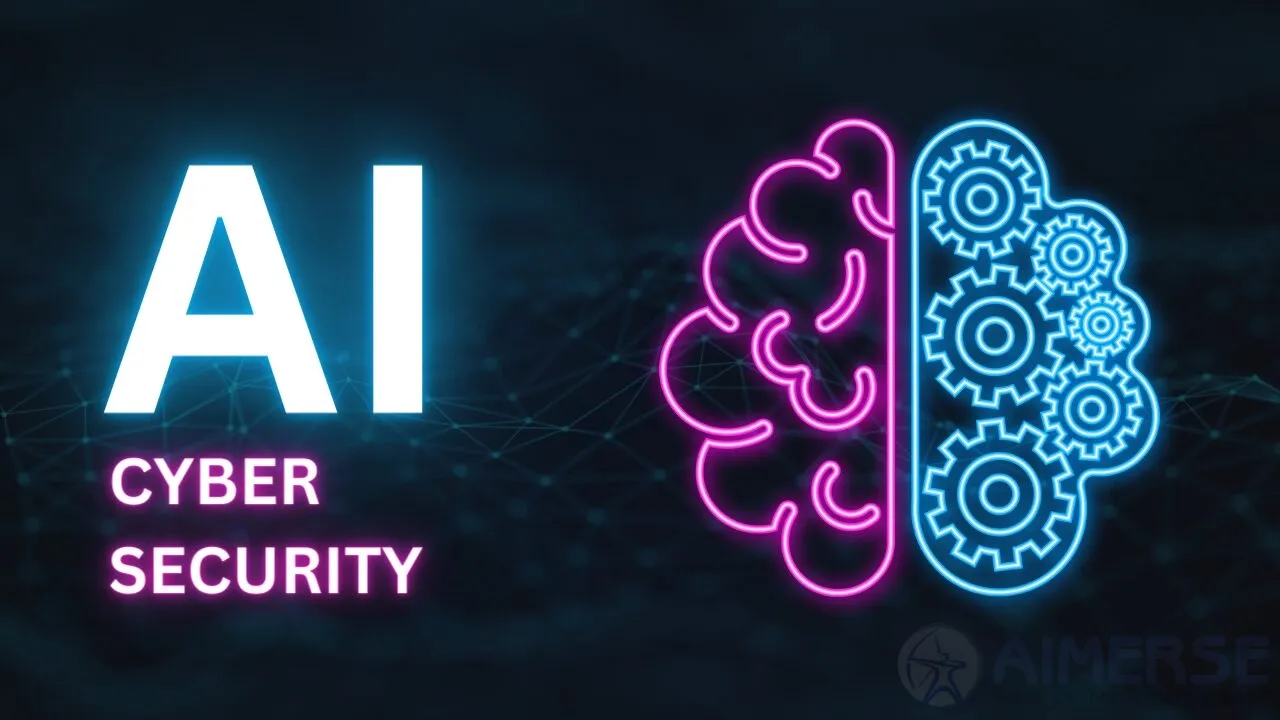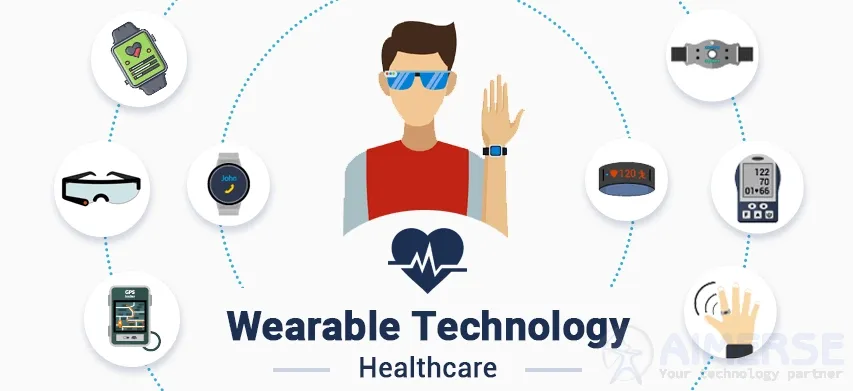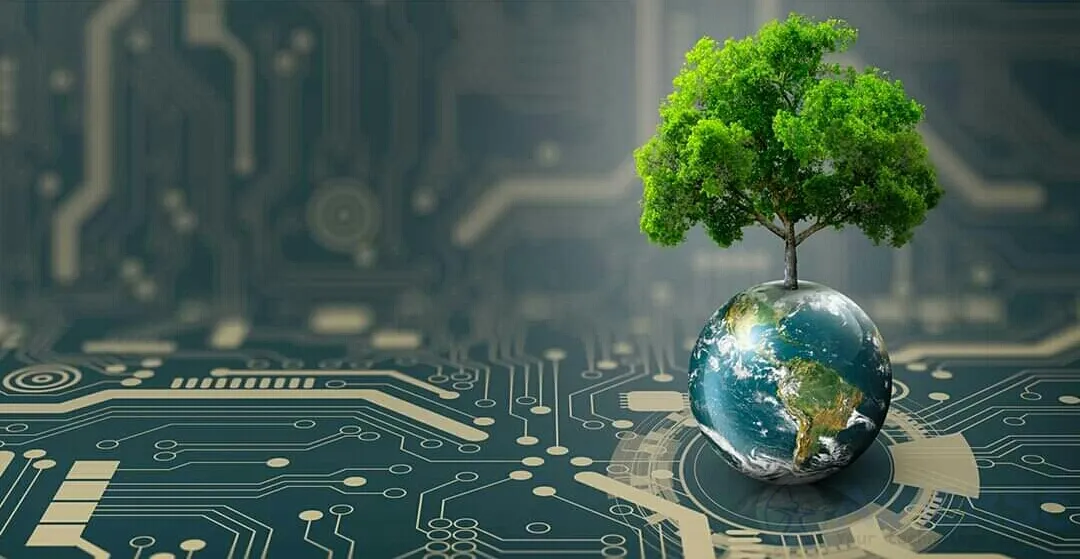Biotechnology in Agriculture: Feeding the Future
Almost 10 billion people will be staying on this earth by 2050. It was going to create many questions before it about food security, sustainability, and climate change. Thus, with the latest advanced technology in the fields of genetic engineering, AI, and IoT-biotechnology in agriculture, improved crop yields and soil health would play an important role in optimized farming practices.
Basically, genetic modification to precision farming is the marriage of technology with biology, thereby revolutionizing food production in the future.
Key Innovations in Agricultural Biotechnology
There are some most important inventions made through agricultural biotechnology, including:
-
Genetically Modified Crops or GMOs
- These are genetically modified crops developed using resistance to pests and diseases as well as environmental stresses. They are nutritionally beneficial with a lesser reliance on chemical pesticides. For instance, drought-resistant corn and vitamin-enriched rice have improved the availability of food in many areas of the world.
-
Precision Agriculture & IoT Integration
- Using the Internet of Things and AI-based analytics as the backbone, a farmer starts to note which part of his soil is sick and also whether the rain may fall tonight with a degree of certainty.
- Use of the same resource with minimal wastage may also be ensured by having a smart irrigation system, tractors equipped with sensors, and an aerial-based survey through drones
-
Gene Editing Through CRISPR/Cas in Farming
- This CRISPR technology is a big deal for scientists in developing specific genetic changes for disease-resistant plants and climate-resilient crops. Unlike the traditional GMOs, this CRISPR technology provides quick, precise improvements in genetics while retaining the original integrity of crops.
-
Biofertilizers & Biopesticides: Sustainable Farming
- The production of biotech-based fertilizers and pesticides brings down the uptake of dangerous chemicals with healthy soil and biodiversity. This is the green mode of production where the yields that farmers may have garnered previously are very high without having compromised their environmental sustainability.
-
AI & Big Data in Agriculture
- AI brings in analytics for crop monitoring and real-time yield prediction through AI-based pest detection. Algorithm-based machine learning improves efficiency with data without wasting resources.
Future Agriculture Biotechnology
Smart software solutions will soon bring in advanced biotechnology to build the future agricultural industry. Soon, farmers will use AI, IoT, and cloud computing and will be able to:
- Track crop health in real time
- Optimize water and fertilizers
- Blockchain technology will bring in better traceability of food.
- Agriculture and farming will be mechanized, thereby automatic.
Agri-tech innovations in sustainable agriculture practices, high yields, and climate resilience attract massive investments from governments and private companies.
Software Development for Agriculture
It is going to unlock the massive potential of biotechnology in agriculture. Whether an IoT-powered app for farming or AI-driven predictive analytics, it is all going to need scalable, efficient, and secured software solutions applied directly to work for the most specific of its requirements.
Aimerse Technologies designs and develops customized agri-tech solutions based on advanced technologies, including React.js, Node.js, Python Django, Laravel, and Java Spring Boot. Our strong capabilities in AI, IoT, and cloud computing make sure that there is a smooth digital transformation in the agriculture sector.
